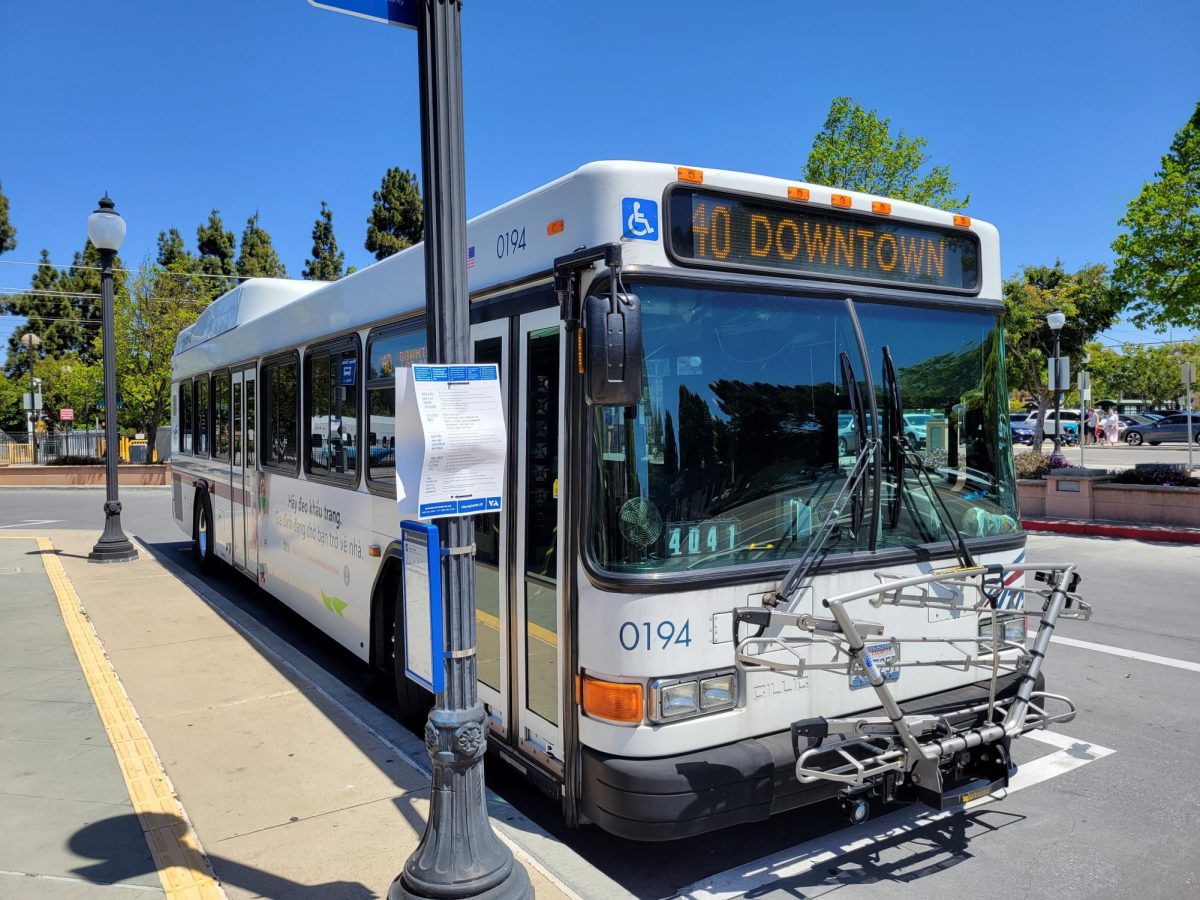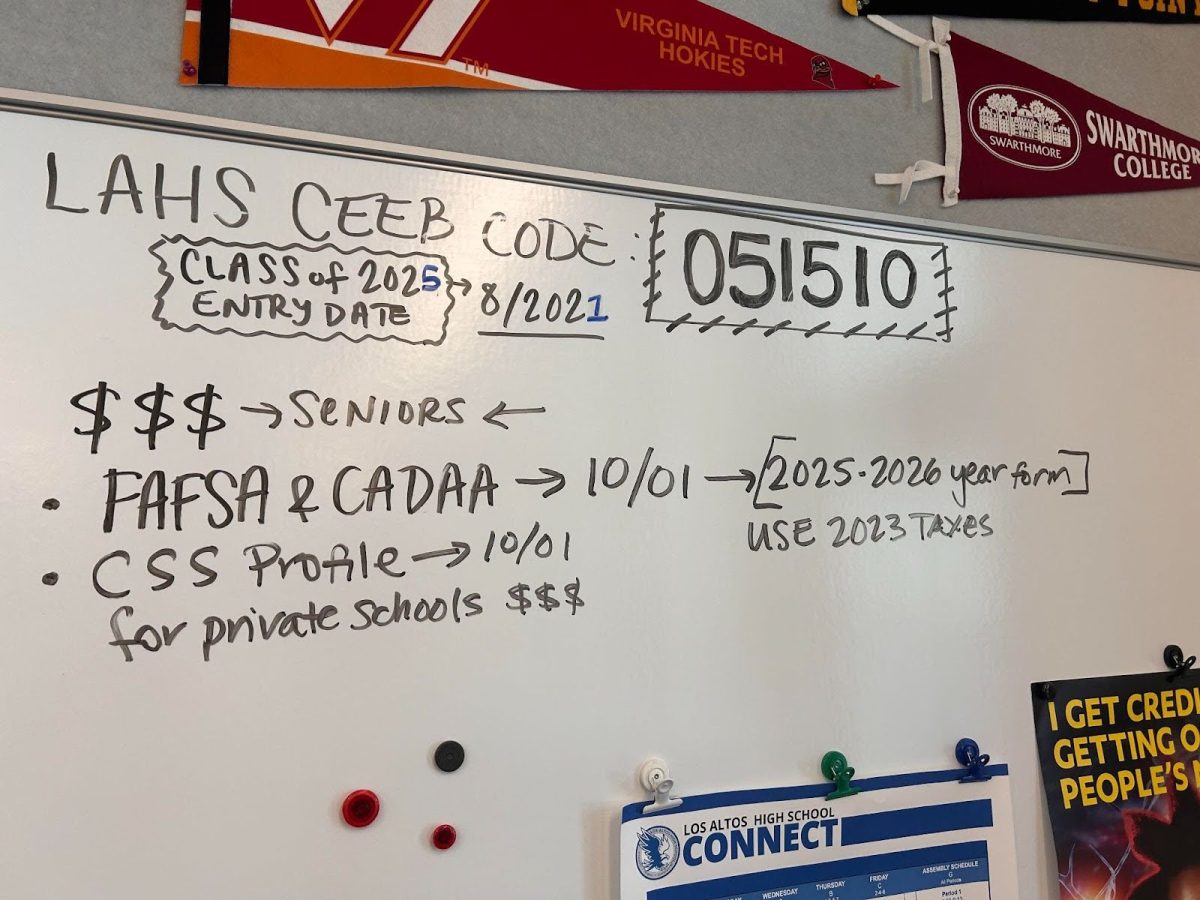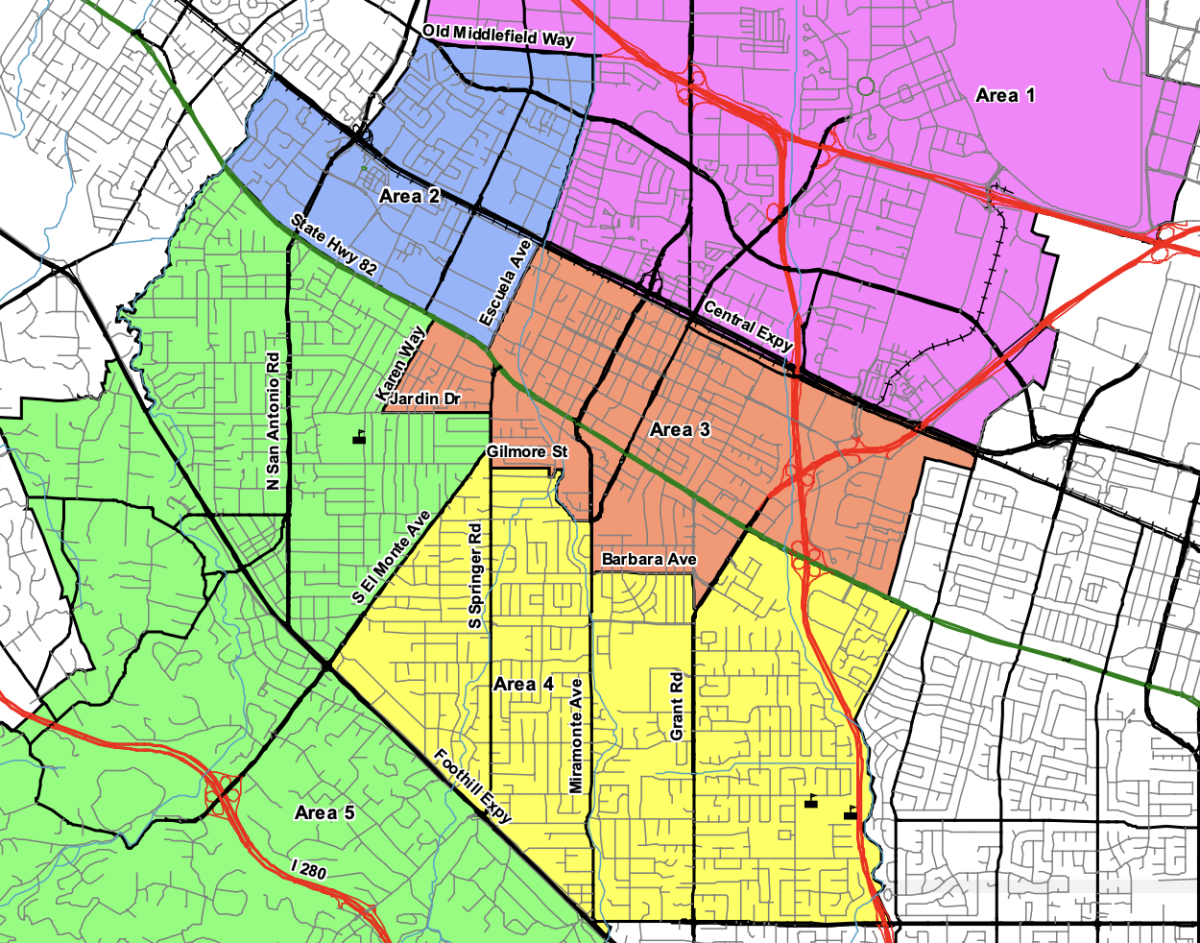With all of the political controversy that surrounds us, students and adults alike are often left confused by what they hear about the government. The Talon has worked to simplify many of the political concepts that are publicized on the news everyday to assist in the process of understanding what is happening in the United States.
As the legislative session comes to an end, there are still many large, controversial bills left to vote on. Below, are descriptions of three of these bills to help our readers understand some of the key bills that our government is working with today.
To find more key information on political parties, key terms and budgets see our print issue of The Talon tomorrow.
Comprehensive immigration reform
Congress has made many attempts during the last session at passing some form of Comprehensive Immigration Reform, which is a compromise between the law enforcement approach and the human rights approach to immigration. This past June, the Senate passed their version of Comprehensive Immigration Reform, known as the Obama-Schumer-Rubio bill.
“We’ve come to a basic agreement, which is that first people will be legalized, in other words, not citizens but they’ll be allowed to work, come out of the shadows, travel, then we’ll make sure the border is secure,” senator Charles Schumer on MSNBC said.
The Obama-Schumer-Rubio bill is scarce on precise details about securing the border, but it contains funds for improving border security through manpower and fencing. The decision on how to proceed with the bill has, for a long time, been left to the Republican-controlled House to determine what to do now.
Earlier this week, Speaker of the House John Boehner, a Republican, announced he won’t allow conferences to work over the Senate bill. Many Republicans disagree with providing a path to citizenship and believe conferences over the Obama-Schumer-Rubio bill would maintain a path to citizenship.
Boehner wants to take address the issue differently by passing smaller bills individually. This would offer a way to avoid the issue of offering a path to citizenship. Recently, the House Judiciary Committee has passed several smaller border security and enforcement bills, which have not yet been put to a vote within the House.
Farm bill
The farm bill is massive–it’s over 1000 pages, costs half a trillion dollars and covers a litany of issues.
The bill grants insurance to livestock farmers in case of devastating natural disasters. It also cuts subsidies for farmers who have great yields for that year and redistributes a portion of those five billion dollars to subsidize farmers who have terrible years. Last, the farm bill prevents milk prices from jumping up to about seven dollars per gallon as milk price supports dating back to 1949 would otherwise expire.
The farm bill doesn’t only deal with agriculture. In fact, the most politically controversial aspect of the bill is the forty billion dollars directed at the food stamp program, which is a program that issues vouchers that can be exchanged for food. Over the past few years, participation in the food stamp program grew by 77 percent.
The Senate has passed their own version of the bill which cuts the program by four billion dollars. House Republicans oppose this and want to cut 39 billion dollars out of the program over the decade. Obama promises to veto any amendment that guts funding from for stamps.
Budget Deal
Mandatory cuts known as sequestration will intensify next year if Congress can’t pass a budget deal, which is an agreement on the spending level for 2014. Designed in 2011 as a punishment to prevent Congress from ignoring the budget deal, sequestration cuts things from the budget that neither political party wants to cut. Sequestration will cut Republican-supported defense spending and Democrat-supported social welfare programs.
The 29 negotiators in the House Budget Committee have incompatible ideologies over the issue of revenue. In opposition to Republicans, Democrats want to continue to maintain entitlement programs like education supplements and eliminate tax loopholes to support growth by raising more taxes. Many Republicans agree with eliminating tax loopholes as long as the tax rates are also lowered, so total revenue gained through taxation stays the same. Additionally, Republicans would like to restructure social programs to cut spending.
The committee’s primary concern is to ensure a partial budget deal to avoid the sequester, even if a bargain where compromise is met on all issues over revenues and expenditures doesn’t happen.









